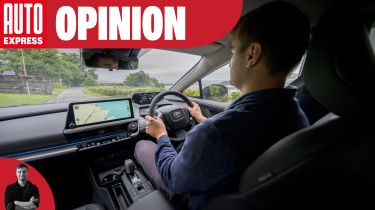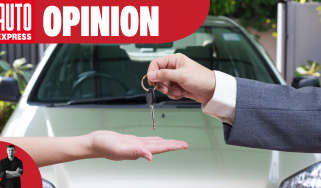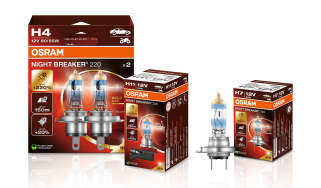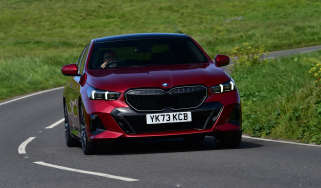A test drive is vital before making any new or used car purchase
Senior news reporter Alastair Crooks gives his expert advice on how to make the most of a 30-minute test drive in any potential new purchase

Test driving a car is a vital part of the purchasing process, but it requires careful planning. Follow these simple steps, keep your emotions reined in, and you won’t go too far wrong.
After you’ve done your background research and chosen a potential purchase, you’ll want to view the car and take it for a drive to see if it works for you. But before you do, you must consider insurance, because driving on UK roads without it is illegal – even if you’re just going ‘around the block’. Dealerships often have insurance for customers already in place, but check with them first, because it’s your responsibility to know you’re insured.
If you’re buying a car privately, be warned that not all policies cover you on other cars, so take a look at the terms of yours. If you’re not covered, you could take out temporary insurance, which will cost around £20 for a few hours.
Before you set off, check everything in the car works and get familiar with it; there’s huge variety in the controls for the likes of wipers and headlights these days. Also, if the car you’re considering is for the family, take them along to avoid complaints in the future. They could also point out flaws you might fail to spot. Likewise, if you regularly carry something – a golf bag, for example – take that, too, to check it fits.
Once you’ve checked around the car, listen for noises from the engine bay, get acclimatised to the cabin, and find a comfortable driving position (if you can’t, just walk away).
Ideally you’ll have looked up the local area and planned a route ahead of your visit. The drive should take from 15 to 30 minutes, and if the seller is rushing you, it’s a bad sign. Take as long as you need (within reason).
It’s a good idea to use A-roads, B-roads and built-up areas. Drive the car as if it were yours, and don’t be scared to accelerate, brake or corner keenly, because these things can highlight issues. You might also want to test the stereo when you get in, but leave it off during the drive – it could mask noises from the engine or suspension.
Most of the above also applies if you’re looking at an electric car, too – things such as brakes, steering and suspension still need a traditional inspection. As with MPG on a petrol or diesel car, study what kind of miles per kWh the car gets during your drive to calculate the range you can expect.
Finally, don’t be pressured into buying, and try to test rival cars on the same day.
Did you know you can sell your car with Auto Express? Get the highest bid from our network of over 5,500 dealers and we'll do the rest. Click here to try Auto Express Sell My Car now...








